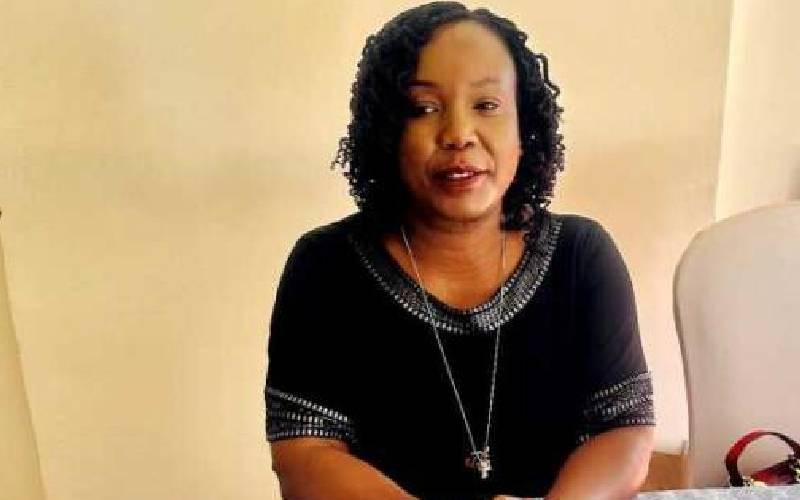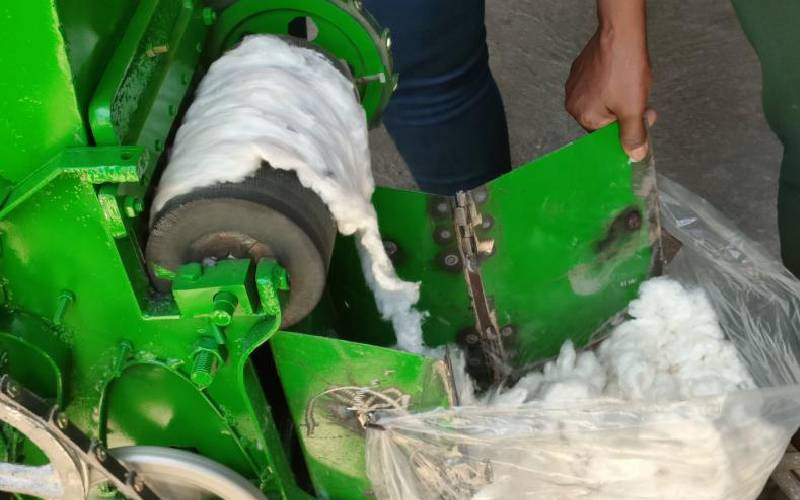By Harold Ayodo
Can a child own property? This is a question that comes up more often than you might think, and the answer is, yes.
Two land laws enacted last year — the Land Registration Act and Land Act — explicitly provide for the right of children to own property.
According to Section 47 of the Land Registration Act, a child can be officially registered as the owner of an apartment, mansion, bungalow, house or land. The registration is to enable the interest of the minor to be held in trust under the name of the guardian.
But even as the law provides for the ownership rights, a child has no powers to personally transact (sell or lease) the property — the law requires the registrar of lands to enter the restriction accordingly.
The Land Act, on the other hand, provides under Section 27 that a child is capable of holding title to land through a trustee. It further provides that the child shall hold the same position as an adult with regard to liability and obligations to the property.
Even as the two property laws offer children rights, a restriction on their powers to transact is important to preserve the investments. For instance, guardians have powers and responsibility to administer the estate of the child — receive, recover and invest the property for the benefit of the child.
Even before enactment of the two laws, some wealthy parents had embraced bequeathing their children with investments in real estate. Some children owned property passed from their parents in their Wills as sole beneficiaries.
Other modern parents also opt to register property in the names of their babies to avoid battles over matrimonial property should a divorce arise.
For some married women, registering property under children is the surest way of locking out of inheritance babies husbands may father with mistresses. For children who inherit property of their late parents, courts often appoint guardians or trustees to administer the estates on their behalf until they are 18.
Other responsibilities of guardians include taking reasonable steps to safeguard the estate of the child from loss or damage. If properties owned by the child are rental apartments, mansions or bungalows, the guardian must keep records of payments up-to-date and produce them in court when required.
Moreover, it is an offence for a guardian to neglect or fail to produce books of account in respect to property of a child when demanded.
The Children’s Act of 2011 cracks the whip on guardians of the estate of children found guilty of failing to account on proceeds from property of minors.
Stepmother sued
A good example is a case in which two children of former vice-president the late Michael Wamalwa, recently sued their stepmother, Yvonne, over Sh36.4 million gratuities.
The children, Alice Muthoni Wamalwa and William Wamalwa, want their stepmother to account for Sh7.9 million she allegedly received on their behalf as minors.
They claimed there was an agreement that William and his brother William Wamalwa Junior would be paid Sh3.9 million each. They are seeking orders to compel Yvonne to account for money they claim was found in their father’s briefcase at the time of his death in London on August 23, 2003.
According to Muthoni and her brother, their stepmother is not involving them in the running of their father’s estate. They also sought to know how the income from the rent of their house in Karen is spent.
— The writer is an advocate of the High Court.
 The Standard Group Plc is a multi-media organization with investments in media
platforms spanning newspaper print operations, television, radio broadcasting,
digital and online services. The Standard Group is recognized as a leading
multi-media house in Kenya with a key influence in matters of national and
international interest.
The Standard Group Plc is a multi-media organization with investments in media
platforms spanning newspaper print operations, television, radio broadcasting,
digital and online services. The Standard Group is recognized as a leading
multi-media house in Kenya with a key influence in matters of national and
international interest.
 The Standard Group Plc is a multi-media organization with investments in media
platforms spanning newspaper print operations, television, radio broadcasting,
digital and online services. The Standard Group is recognized as a leading
multi-media house in Kenya with a key influence in matters of national and
international interest.
The Standard Group Plc is a multi-media organization with investments in media
platforms spanning newspaper print operations, television, radio broadcasting,
digital and online services. The Standard Group is recognized as a leading
multi-media house in Kenya with a key influence in matters of national and
international interest.









